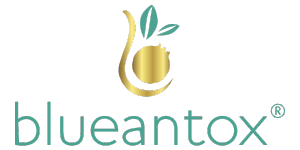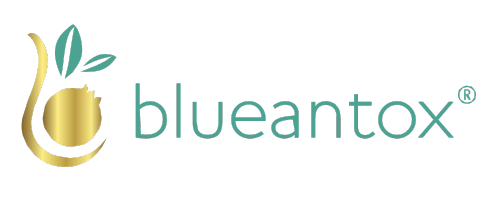The wild European blueberry, also known as the bilberry, is a small, sweet berry native to Europe, northern Asia, and North America. The berry is known for its antioxidant properties and positive effects on memory and cognitive function. In addition, the wild European blueberry is also a good source of iron.

Iron is an essential mineral required for the formation of hemoglobin, a protein in red blood cells that carries oxygen around the body.
Iron is also important for immune system function and for the formation of neurotransmitters in the brain.
A cup of wild European blueberries contains about 0.4 mg of iron. While this is relatively low compared to some other sources of iron like red meat and legumes, regular consumption of wild European blueberries can support the body's iron needs and help prevent deficiencies.
However, it is important to note that the absorption of iron from plant sources such as wild European blueberries can be affected by other nutrients. For example, taking vitamin C at the same time can improve iron absorption. Therefore, it's best to eat wild European blueberries along with other iron-rich foods like whole grains, legumes, and leafy green vegetables.
It's also important to note that an overdose of iron can be harmful. Too much iron can cause nausea, vomiting, gastrointestinal problems, and even liver damage. People who are already taking iron supplements or have an iron storage disease such as hemochromatosis should consult their doctor before consuming wild European blueberries or other iron-rich foods.
Overall, wild European blueberries are a delicious and healthy source of iron. Eating a balanced diet that includes a variety of iron-rich foods can help meet the body's iron needs and promote optimal health.

Iron is a vital mineral that plays an important role in the human body. It is an essential component of hemoglobin, a protein found in red blood cells and responsible for carrying oxygen from the lungs to the body's tissues and organs. Iron is also a component of myoglobin, a protein in muscles that stores oxygen and releases it when it's needed.
In addition, iron is involved in the formation of enzymes that play an important role in energy production, the manufacture of hormones and the maintenance of a healthy immune system. Iron also plays a role in DNA synthesis and is involved in wound healing.
A lack of iron can lead to anemia, a condition in which the body does not produce enough red blood cells or the existing ones do not have enough hemoglobin to meet the body's oxygen needs. Symptoms of iron deficiency anemia can include tiredness, weakness, shortness of breath, dizziness, headaches and reduced physical performance.
It is important to get enough iron from the diet to ensure optimal health. The recommended daily intake of iron varies based on age, gender, and other factors. Good sources of iron are red meat, poultry, fish, legumes, nuts, seeds, green leafy vegetables, and grain products fortified with iron.
However, it is important to note that too much iron in the body can also be harmful. People suffering from an iron storage disease such as hemochromatosis should pay special attention to their iron intake and seek advice from a doctor.
Overall, iron is an important nutrient that is essential for optimal body health and function. Eating a balanced diet that includes a variety of iron-rich foods can help meet the body's iron needs and promote optimal health.
When the body doesn't absorb enough iron, it can lead to iron deficiency anemia, a condition in which the body can't make enough red blood cells to carry oxygen around the body. Symptoms of iron deficiency anemia can include fatigue, weakness, shortness of breath, and dizziness.
Iron also plays an important role in supporting the immune system , by helping the body fight off infection. Iron is also important for brain function and the nervous system by aiding in the synthesis of neurotransmitters needed for the transmission of signals in the brain and body.
It is important to note that an excess of iron in the body can also be harmful and can be linked to various health problems such as cardiovascular disease, liver damage and diabetes. Therefore, people should make sure they are getting enough but not too much iron in their diet. The recommended daily amount of iron depends on age, gender and other individual factors and is best discussed with a doctor or nutritionist.










